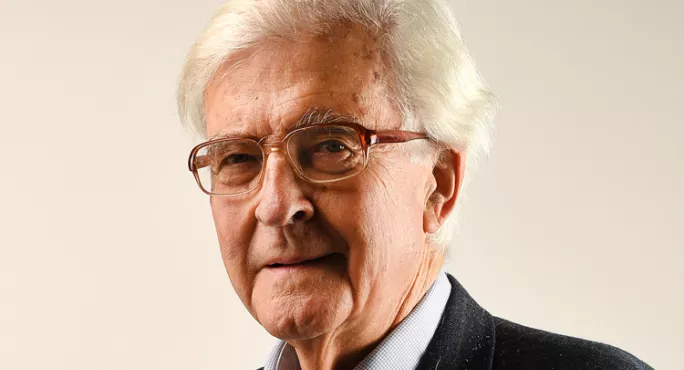On 6 October, Sarah Simons wrote an interesting article in Tes: ”University technical colleges (UTCs) are a great option but the age of entry is a turn-off.”
UTCs are far from being a “turn off”. In fact, they’re a “turn on”.
Changing schools at 13 to 14 years old in a system dominated by 11-to-16-year-olds and 11-to-18-year-olds is challenging and demanding. Students first need to know that a choice is available and the sort of education they are going to get.
For three years we asked the Department for Education to require local authorities to write to all Year 9 parents telling them about UTCs. In the spring of this year, letters went out right across the country. As a result, UTC recruitment increased by 21 per cent - particularly at Year 10. Last year, we had 10,500 students and this year this rose to more than 13,000.
Over the last seven years, the thousands of students attending UTCs told us that they were quite capable from the age of 13 or 14 of knowing where their interests lay.
If students don’t like the UTC regime of attending from 8.30am to 5pm every day, spending 40 per cent of the time making things with their hands, designing models on a computer, working in teams and problem-solving on the projects with local employers, then they can choose to go back to their previous schools. Very few do.
From the start, young people at UTCs are treated as adults. The students think hard about their future and each principal of a new UTC has to ensure that there are no students at 16 or 18 not in education, employment or training (Neet). The visits students make to companies, and the work experience that they receive, gives them a chance to assess what sort of career they would like.
To us, the destination of each student-leaver is vitally important. In July this year, 1,955 students left UTCs aged 18 and only 43 were Neets. This is too many. But this rate of unemployment is 2 per cent - the average for young people nationally stands at 12 per cent.
Some 46 per cent of UTC students go to university - this year, three got places at Cambridge. Apprenticeships are now becoming very popular: 25 per cent of our students become apprentices at 18, with more than a third pursuing higher or degree-level apprenticeships. Learning and earning go well together.
Yes, 14-19 technical schools are different, but UTCs have shown that they work. This is the way that Europe is going. In the digital revolution, young people will need a range of technical and life skills alongside academic results.
All of these reasons show that a UTC education massively increases the range of options available to an 18-year-old. Going to a UTC is not a “turn off” - it is a “turn on”.
Lord Baker is the chairman of the Baker Dearing Educational Trust
Want to keep up with the latest education news and opinion? Follow Tes on Twitter and Instagram, and like Tes on Facebook




